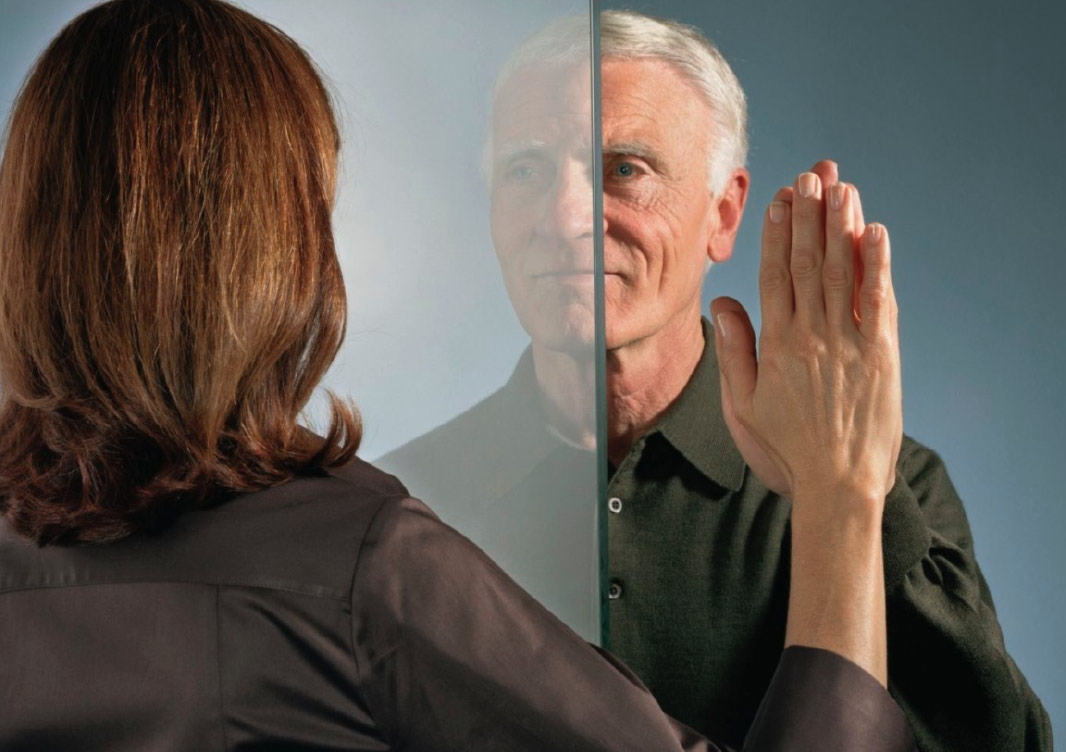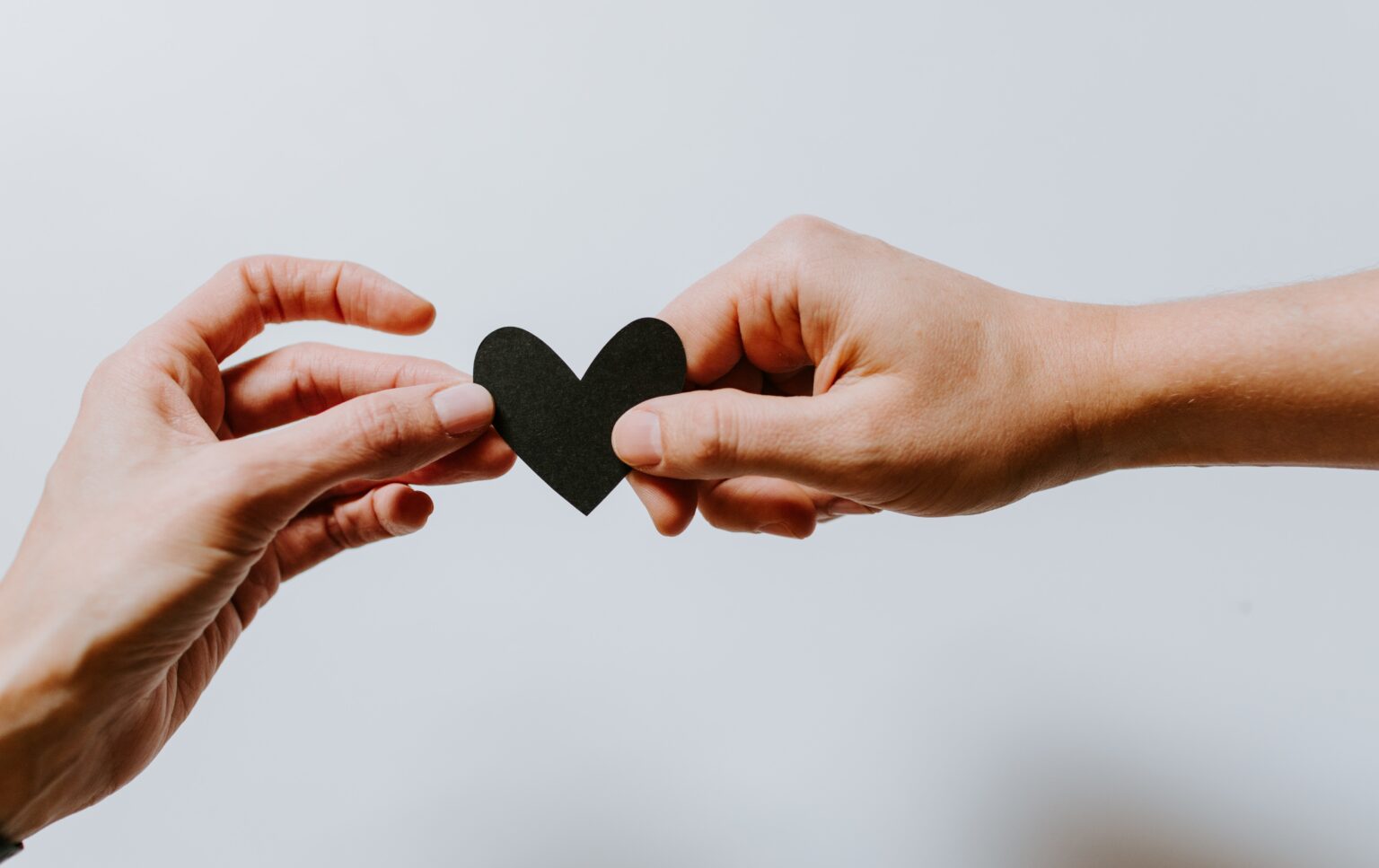7 Types of Loss That You’re Allowed to Mourn – Disenfranchised Grief


by Hearts of Hope Educational Advisory Team
August 04, 2022
“Life presents us with all kinds of losses–the loss of loved ones, the loss of relationships, the loss of health, the loss of youth.”
– Dr. Phyllis Kosminsky
Grief & Loss Specialist, Grief Counselor, Immediate Past President of the Association for Death Education and Counseling
When Nick lost one of his close friends to substance use, he knew that the deep pain and sadness he felt came from his grief over his friend’s death. But as he started to heal from his own struggles, he also noticed himself missing the communities he left behind and the routines he had become familiar with. Even as he found himself feeling healthier, stronger, and happier, Nick still imagined what a life with the friends who knew him in some of his most challenging times could have been like.
“I learned that you don’t just have to grieve for the loss of a family member or a loved one,” Nick said. “You can grieve actions that you used to take. You can grieve an old life that you used to have. There’s really no limit to what grief can take you to.”
Nick, one of our Hearts of Hope recipients, shared his story about something so relatable yet so difficult to name–the grief we feel for people, things, and experiences that we’ve lost but that haven’t died.
We are so used to thinking about grief as something connected to death. And though we feel the pain of our loved ones’ deaths over many, many years, we also grieve other losses in life. It can be difficult to understand and express those feelings, because our social systems typically don’t acknowledge this type of grief. But it is real–it even has a name. Disenfranchised grief is the term for grief that society doesn’t see as legitimate.
There are many reasons your grief might be disenfranchised. It could be that your relationship to the person who died isn’t deemed “close enough” to justify mourning. Maybe you lost something that others consider insignificant, like a new opportunity in your career. And often, the things we mourn aren’t even viewed as losses in society at all.
For us to make space to feel our grief, we first have to name the losses that most of the world tends not to acknowledge. Here are just some of the losses that often get forgotten. If you’ve experienced any of these, know that feelings of grief are perfectly valid.
- Relationship Loss
The end of a relationship can bring up many of the same, complicated feelings as when someone dies. Maybe you feel a sense of relief along with missing them. Just like when a person dies, we often don’t have closure at the end of a relationship. That could be a friendship that fizzles with no explanation.
Some relationships end on more finite, clear terms, like break-ups of romantic relationships. That doesn’t make the grief we feel any less powerful. When we lose a romantic partner, it’s important to take time to mourn aspects of a shared life together and our hopes for what a future with that person may have been like.
Researcher Karl Pillemer, a sociologist and professor at Cornell University, has found that 1 in 4 adults are estranged from family members. But we hardly ever talk about the complex relationship loss that comes from estrangement, especially when it happens within families. It often means we experience a void in certain roles and support. Even when the overall result of estrangement is better for our well-being, it also can cause us to feel deep, complicated grief.
- Job Loss
For many of us, our jobs are not just how we make a living to take care of ourselves and our families. They also can be a meaningful part of our identities. Losing a job can cause feelings of missing old routines, relationships, and sense of community. It also might make you feel untethered from the way you relate to yourself and the world around you. This is all normal, and it’s also all part of grieving.
- Changes in Health
Everyone hopes to be able to live the life they want without worrying about health issues getting in the way, but we often have very little control over illness and disease. It is an unmooring feeling to be faced with that reality–why did I get cancer while my neighbor has never been sick a day in her life? How can I fulfill my love of nature now that my autoimmune disease brings on unpredictable bouts of exhaustion? What will my life look like now that my epilepsy has made me unable to drive?
These are all the types of world-shaking questions that we might ask when faced with challenges to our health and well-being. A changing relationship with your body means that your relationship with the world also changes, often in ways you wish could stay the same. You might resent the barriers that health issues cause and feel waves of anger. These emotions are part of grieving a different life you had and processing how your expectations of the future have changed.
- Pet Loss
Even though losing a pet is grieving a death, society tends to trivialize the relationships we have with our animals. But our pets give us genuine companionship and love, often in the most consistent, uncomplicated ways. Be gentle with yourself after you lose a pet. They cannot be replaced, and you cannot just move on. Since we don’t have many cultural rituals for grief and mourning around pet loss, coming up with your own ways to acknowledge your loss and channel your grief can be a meaningful way to validate your own experience.
- Dreams and Expectations
Some people dream of opening their own business. Others expect to get married one day. Some hope to compete in the Olympics or win a Tony. Whether your dreams are professional or personal, or take place in your neighborhood or on the world’s stage, a vision of the future helps motivate and inspire us in everyday life.
There are many experiences that we can have for the first time (or tenth time!) at any point in life, but when life takes us on a different path from what we expected or imagined, it can still feel devastating. Letting go of a vision for how you wanted life to be is a real and powerful loss. You can mourn that dream that disappeared or the expectation that took a sharp turn in another direction; in fact, it’s healthy to give attention to those losses. They represent the longing for what-might-have-been, which is a pillar of all types of grief.
- Harmful Habits
As Nick shared in his story, healing from painful experiences like addiction is not always a linear path. It is very common for those of us who get stuck in harmful behaviors—whether that be substance use, cigarette smoking, unhealthy relationships with food and eating—to mourn part of that life even when we learn to be healthier.
Our struggles also become part of our identities. We find community in how we live day-to-day and build friendships. We get used to feelings, routines, and the delicious taste of a daily box of donuts. This type of grief is particularly shunned. Society looks down on addictions, disorders, and harmful habits as things to be ashamed of and run away from as fast as possible, rather than nuanced parts of people’s personal experiences.
Just because this kind of loss might be a net positive for your health and happiness, does not make it any less of a loss. In a similar sense of the complicated grief that can accompany the death of a parent you never got along with, mourning habits and experiences that had a negative impact can be confusing and complex. But this type of grief is valid in all its intricacies.
- Home Loss
There are so many reasons people can lose their homes-–financial struggles, immigration, natural disaster, family needs. Even when the loss comes from something positive, like moving to a new apartment that better fits your growing family, losing the familiarity of home is an often overlooked emotional challenge. We tie so many memories, feelings, sights, and smells to the places that become familiar to us. Whether it’s the four walls of a bedroom or the vibrancy of a community, the places we live can give us a great sense of belonging and nourishment. It is normal to grieve the loss of your home.
These are only a few of the many losses that society doesn’t often see as legitimate–there are so many types of change, loss, and grief, and all of them are worthy of honoring. The next time you are going through a transition, notice whether you start to feel sadness, anger, overwhelm, numbness, or any of the countless emotions grief can inhabit. Instead of brushing them aside, remind yourself that even if you don’t see stories about your loss on the news or you hear a coworker dismissing your experience, grief does not pick and choose when and why it arrives. Your loss–and whatever grief comes with it–is important, real, and yours to feel.
If you have a story of disenfranchised grief, we would love to hear from you.


